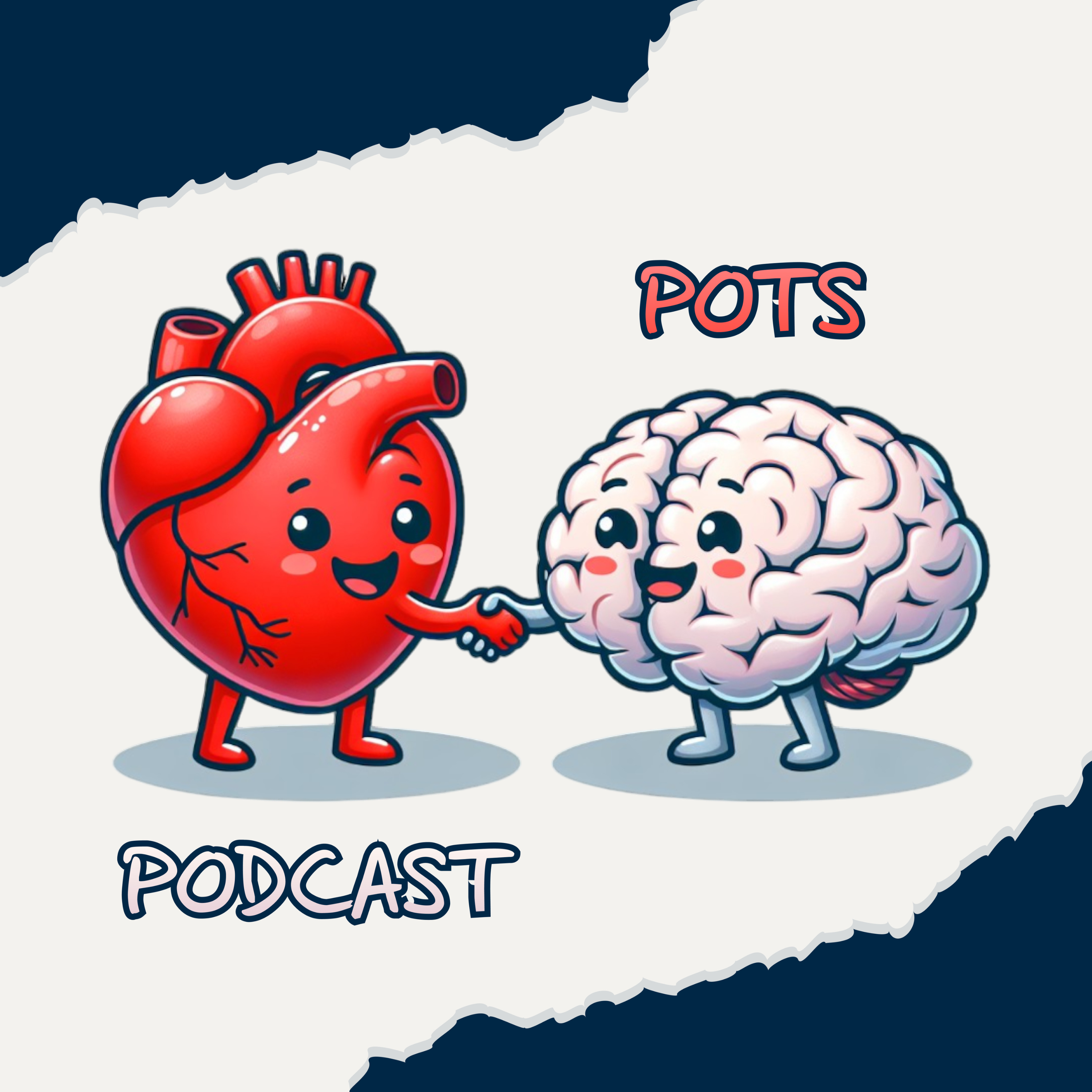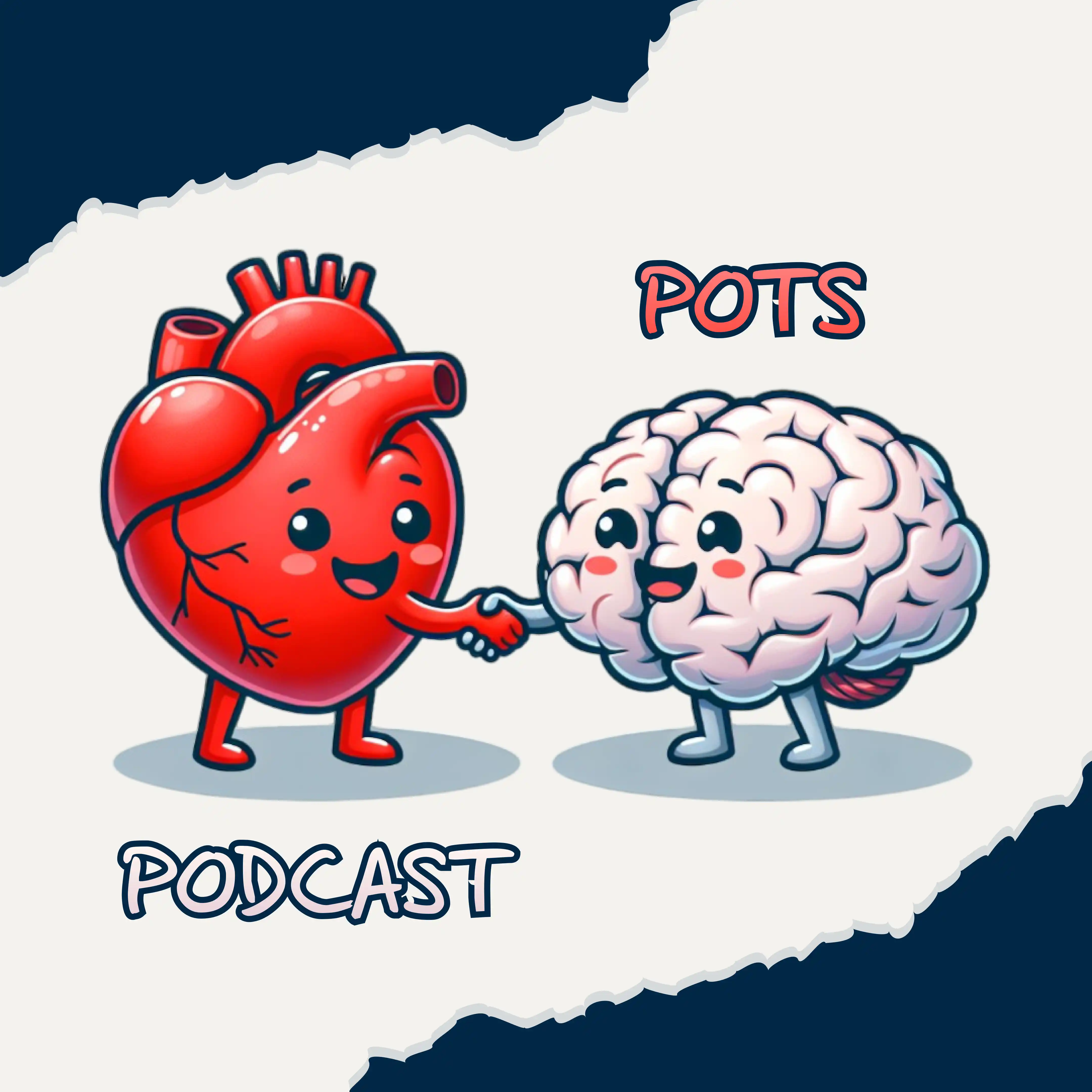
The Adjustment Revolution: Why Brain Recovery Can't Be Rush-Delivered
Dr. Joseph Schneider teams up with Dr. Adam Klotzek to challenge the "one-week miracle cure" mentality plaguing functional neurology today. They dissect why intensive treatment programs often fail patients with chronic fatigue, POTS, and post-concussion syndrome, revealing how these rushed approaches ignore the basic metabolic limitations of damaged nervous systems. Dr. Klotzek explains how proprioceptive input from spinal joints provides the foundation for all brain development, making chiropractic adjustments far more than just pain relief tools. The conversation takes a personal turn when Dr. Schneider shares his stroke recovery experience, including his ongoing battle with "floppy foot syndrome" and how it mirrors the joint instability seen in patients misdiagnosed with Ehlers-Danlos Syndrome. They explore the interconnected web of sensory, motor, and autonomic dysfunction that requires comprehensive treatment protocols rather than cookie-cutter solutions. Both doctors advocate for a return to thorough examination, gradual progression, and respect for each patient's unique metabolic capacity. The episode concludes with Dr. Schneider describing the remarkable growth spurts he witnesses in children with developmental disorders when their nervous systems finally receive proper support. Connect with Dr. Joseph Schneider: Website: Hope Brain and Body Recovery Center LinkedIn: Joseph Schneider YouTube: hopebrainbodyrecoverycenter Instagram: @hopebraincenter_ Facebook: Hope Brain and Body Recovery Center
Description:
Dr. Joseph Schneider teams up with Dr. Adam Klotzek to challenge the "one-week miracle cure" mentality plaguing functional neurology today. They dissect why intensive treatment programs often fail patients with chronic fatigue, POTS, and post-concussion syndrome, revealing how these rushed approaches ignore the basic metabolic limitations of damaged nervous systems. Dr. Klotzek explains how proprioceptive input from spinal joints provides the foundation for all brain development, making chiropractic adjustments far more than just pain relief tools. The conversation takes a personal turn when Dr. Schneider shares his stroke recovery experience, including his ongoing battle with "floppy foot syndrome" and how it mirrors the joint instability seen in patients misdiagnosed with Ehlers-Danlos Syndrome. They explore the interconnected web of sensory, motor, and autonomic dysfunction that requires comprehensive treatment protocols rather than cookie-cutter solutions. Both doctors advocate for a return to thorough examination, gradual progression, and respect for each patient's unique metabolic capacity. The episode concludes with Dr. Schneider describing the remarkable growth spurts he witnesses in children with developmental disorders when their nervous systems finally receive proper support.
Connect with Dr. Joseph Schneider:
Website: Hope Brain and Body Recovery Center
LinkedIn: Joseph Schneider
YouTube: hopebrainbodyrecoverycenter
Instagram: @hopebraincenter_
Facebook: Hope Brain and Body Recovery Center


Comments